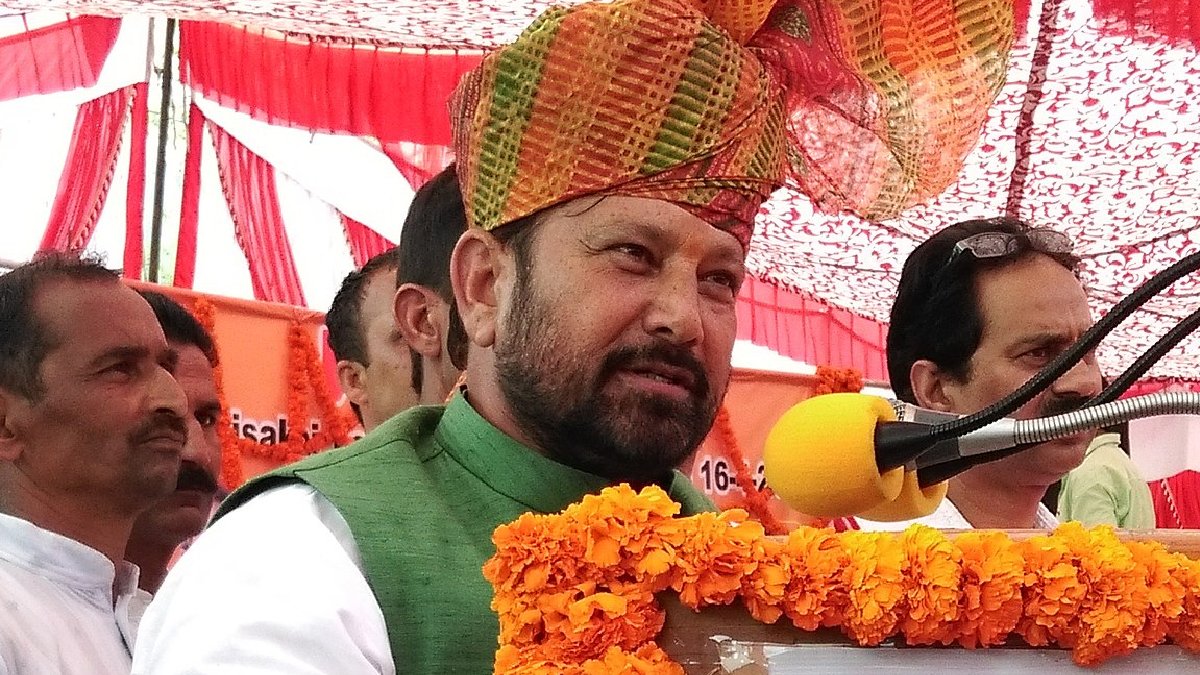
A comparison between G7 and SCO summits 2018
On June 9, two important international summits were taking place in two different hemispheres of the world. On the Western Hemisphere, seven of the world's most industrialised countries met for the 44th Group of Seven (G7) summit in Quebec, Canada on Friday and Saturday while on the Eastern Hemisphere, the 18th summit of the Shanghai Cooperation Organisation (SCO) happened and for first time, in its expanded form after India and Pakistan joining it as full members in June 2017.

The SCO did not comprise the world's most developed nations but had a bigger quantity - in terms of size and population and also an impressive GDP. Yet, it was the 26-year younger SCO which generated more positive vibes than the G7 across the global media, thanks to its proactive and deeper engagements.
The G7 was walking just to the opposite direction with a serious fault line emerging between the United States and the rest of the members over trade tariffs.
Adam Garrie, a geopolitics expert writes in his column for Eurasia Future: "It is virtually guaranteed that the SCO meeting hosted by Xi Jinping will be more objectively successful than the G7 meeting hosted by Justin Trudeau. Furthermore, when it comes to the issue of peace in Korea, here too China along with fellow SCO partner Russia has many more positive contributions to make than any of the G7 who in the case of the EU and Canada remain remote from the issue."
"In the case of Japan, a difficult history with Korea (to put it politely) means that Tokyo's role in the peace process will ultimately be less important than that of China, Russia and the two Korean states themselves and less influential in terms of both optics and singing off on a final agreement than that of the United States."
"The influence of China over the SCO contrasted with the US influence over the G7 goes a long way in explaining the different characteristics of the two summits which in turn goes along way towards explaining how different the outcomes of both summits will be."
SCO generates optimism, G7 only pessimism
There is a reason to feel convinced about Garrie's viewpoint. The build-up to the SCO's biggest summit so far has generated much optimism about internationalism - be it cooperation in fields of trade and security, counter drug trafficking and overall regional cooperation.
Particularly important has been the growth in interpersonal relations between world leaders like Xi Jinping, Vladimir Putin or Narendra Modi who have met on a number of occasions in recent times and come closer to each other - the growing protectionism of the US being one gluing factor.
SCO has shown this century is Asia's
The SCO has reiterated the opinion that the 21stcentury belongs to Asia and the convergence of some of the world's top economies of Asia and Eurasia raises more hope about the future path of development of the international community. In case of the G7, the exact opposite scene has unfolded with the industrialised countries engaging them more in personality clashes and focussing less on global problems.
Nothing is more iconic than the fat that US President Trump has expressed interest in leaving Quebec early to focus more his June 12 summit with North Korean leader Kim Jong-un in Singapore. The focal point at the moment is Asia and not the rich men's club in the West.
Even Russia is not interested in G7 despite Trump's backing
Russia's reluctance to support Trump's remark that Moscow should be readmitted in the G7 from where it was expelled post the invasion in Ukraine in 2014 also points to the gloomy reality for the West.
The Kremlin has clearly said that Russia is interested on "other formats" which makes it evident again that platforms like SCO seem more attractive to the Putin leadership than the G7 where it will only face more roadblocks than making any progress.
SCO's scope of functioning is big
The SCO is perhaps the most happening international grouping at the moment because its scope of functioning is outgoing and big.
Be it in connection with China's Belt and Road Initiative or India's pressing problems with Pakistan or laying out a map for reconstruction of Afghanistan, the SCO offers hope for a better world order and the credit primarily goes to its members' openness to reaching out to each other.
This mentality is clearly absent in case of G7 whose members are struggling to deal with Trump and finding no better ways than retaliating against him.
G7's only Asian member is 'distant' from Korean peace process
As Garrie has pointed out, the G7 too has one Asian member - Japan - but it has found itself in a corner in the North Korean peace process and is playing the least important role in the regional peace process which also affects it significantly.
The Japanese prime minister has been engaging more with the US in the peace process since it is finding little space in engaging with either of the two Koreas and China. This means the G7's only Asian link with the North Korean denuclearisation is also weak and with the US turning a 'foe' within the age-old friends, the G7 virtually has no relevance for the North Korean peace process, an event which will dominate the world headlines in the immediate future.
The SCO might still have its concerns over India's relations with Pakistan and China but given the genuine quest for peace by Jinping and Modi, one is sure there will be ample efforts put into place to manage those problems unlike in G7 where Trump's stubbornness has left very little space for mutual trust and bonding.


 Click it and Unblock the Notifications
Click it and Unblock the Notifications

































